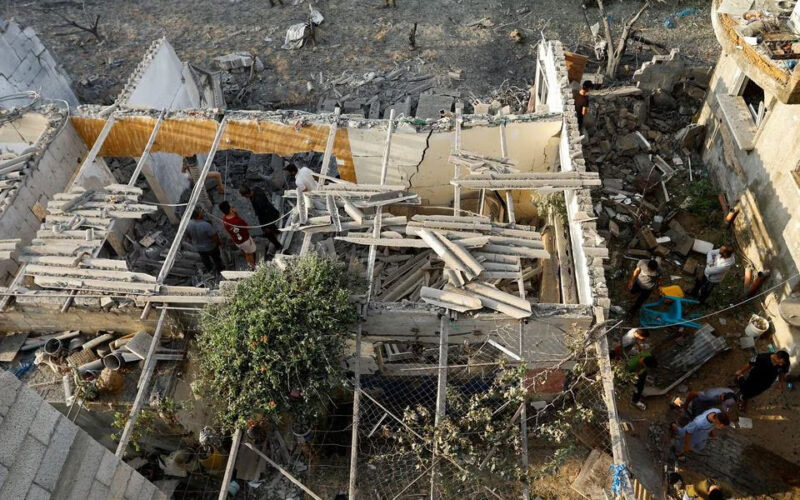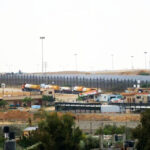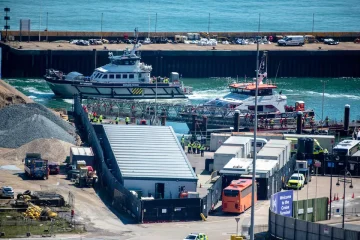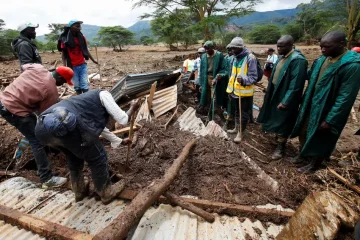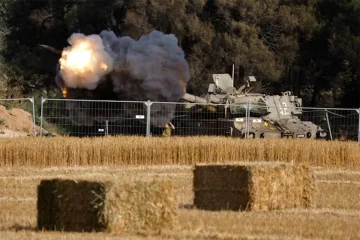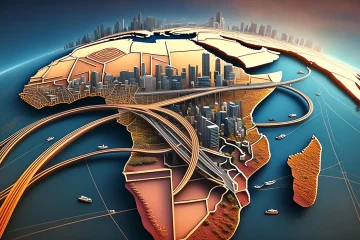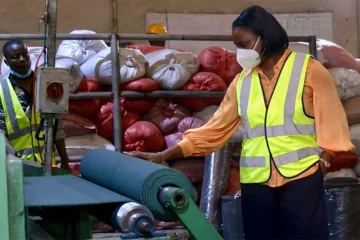EGYPT has discussed plans with the United States and others to provide humanitarian aid through its border with Gaza Strip but rejects any move to set up safe corridors for refugees fleeing the enclave, Egyptian security sources said.
Gaza, a tiny coastal strip of land wedged between Israel in the north and east and Egypt to the southwest, is home to some 2.3 million people who have been living under a blockade since Palestinian Islamist group Hamas took control there in 2007.
Egypt has long restricted the flow of Gazans on to its territory, even during the fiercest conflicts.
Cairo, a frequent mediator between Israel and the Palestinians, always insists the two sides resolve conflicts within their borders, saying this the only way Palestinians can secure their right to statehood.
U.N. Secretary-General Antonio Guterres said on Wednesday that crucial life-saving supplies, including fuel, food and water, must be allowed into Gaza.
“We need rapid and unimpeded humanitarian access now,” he told reporters, thanking Egypt “for its constructive engagement to facilitate humanitarian access through the Rafah crossing and to make the El Arish airport available for critical assistance.”
U.N. spokesman Stephane Dujarric later said: “Civilians need to be protected. We do not want to see a mass exodus of Gazans.”
U.S. National Security Advisor Jake Sullivan said late on Tuesday that the U.S. had been holding consultations with Israel and Egypt about the idea of a safe passage for civilians from Gaza, which was hit by a massive Israeli assault in response to a deadly incursion by Hamas fighters into Israel.
One of the security sources, who asked not to be identified, said Egypt rejected the idea of safe corridors for civilians to protect “the right of Palestinians to hold on to their cause and their land”.
Several Arab states still have camps for Palestinian refugees who are descendants of those who left their homes when Israel was created in 1948. The Palestinians and other Arab states have said a final peace deal needs to include the right of those refugees to return, a move Israel has always rejected.
LIMITED CEASEFIRE
Egypt has been intensifying its efforts to contain the situation in Gaza, Egyptian President Abdel Fattah al-Sisi told Italian Foreign Minister Antonio Tajani during a meeting in Cairo, a statement from Sisi’s office said.
According to the Egyptian security sources, talks between Egypt and the United States, Qatar and Turkey discussed the idea of delivering humanitarian aid through the Rafah crossing between Gaza and Egypt’s Sinai Peninsula under a geographically limited ceasefire.
The crossing, which is the main exit point from Gaza not controlled by Israel, has been closed since Tuesday after Israeli bombardments hit on the Palestinian side, according to officials in Gaza and Egyptian sources.
Egypt has made repeated statements this week warning against the possibility that Israel’s assault on Gaza could lead to the displacement of residents from the enclave on to Egyptian territory.
Israel’s ambassador in Egypt, Amira Oron, said in post on social media that Israel had “no intentions in relation to Sinai, and has not asked Palestinians to move there … Sinai is Egyptian territory.”
Asked about the prospect of displacement following a meeting with Tajani, Egyptian Foreign Minister Sameh Shoukry said: “Egypt was keen to open the Rafah crossing to provide humanitarian aid, food and medicine, but instability and the expansion of the conflict leads to more hardship and more refugees to safe areas, including Europe.”

